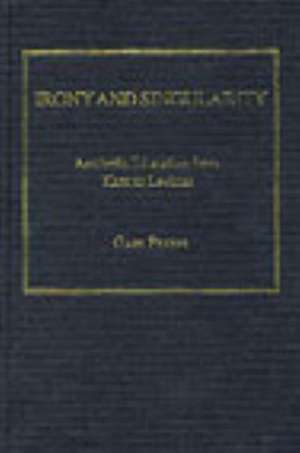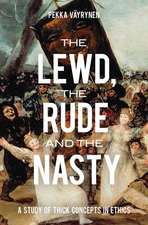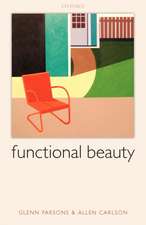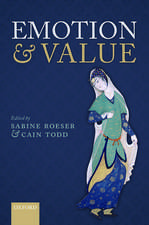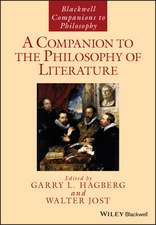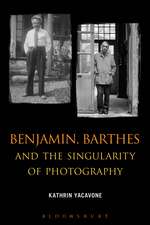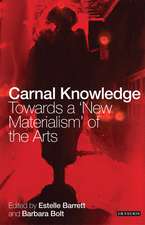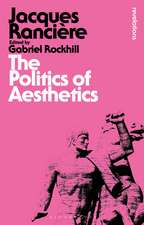Irony and Singularity: Aesthetic Education from Kant to Levinas
Autor Gary Petersen Limba Engleză Hardback – 30 iun 2005
| Toate formatele și edițiile | Preț | Express |
|---|---|---|
| Paperback (1) | 299.52 lei 6-8 săpt. | |
| Taylor & Francis – 25 sep 2017 | 299.52 lei 6-8 săpt. | |
| Hardback (1) | 764.20 lei 6-8 săpt. | |
| Taylor & Francis – 30 iun 2005 | 764.20 lei 6-8 săpt. |
Preț: 764.20 lei
Preț vechi: 1102.79 lei
-31% Nou
Puncte Express: 1146
Preț estimativ în valută:
146.28€ • 158.94$ • 122.95£
146.28€ • 158.94$ • 122.95£
Carte tipărită la comandă
Livrare economică 21 aprilie-05 mai
Preluare comenzi: 021 569.72.76
Specificații
ISBN-13: 9780754638117
ISBN-10: 0754638111
Pagini: 204
Dimensiuni: 156 x 234 x 18 mm
Greutate: 0.45 kg
Ediția:1
Editura: Taylor & Francis
Colecția Routledge
Locul publicării:Oxford, United Kingdom
ISBN-10: 0754638111
Pagini: 204
Dimensiuni: 156 x 234 x 18 mm
Greutate: 0.45 kg
Ediția:1
Editura: Taylor & Francis
Colecția Routledge
Locul publicării:Oxford, United Kingdom
Cuprins
Contents: Preface; Teaching the unteachable: method and manner in Kant's aesthetics; Aesthetic education or aesthetic ideology? Schiller and de Man; Severity, ideality and pleasure: Hegel contra irony; Hearing, seeing, teaching: Nietzsche, Rosenzweig and the university; Dissymmetry and height: intersubjectivity and pedagogy in Husserl, Blanchot and Levinas; Judgement, critique and ignorance: afterword; Bibliography; Index.
Notă biografică
Dr Gary Peters is Senior Lecturer in Aesthetics at the Department of Visual Culture, University of the West of England, UK.
Descriere
Although, initially, dealing with specifically pedagogical issues arising out of debates within the philosophy of education, the main thrust of this book tackles the more fundamental questions concerning communication, dialogue and solitude. Irony and Singularity introduces aesthetics into higher education not as an academic discipline among others but as part of a wider strategy to re-orientate teaching. Although focused on the manner in which art and aesthetics are taught within the context of the art school, the book raises wider and more central issues within pedagogy, challenging the currently dominant models rooted in science and the humanities. Engaging with a wide range of philosophers and philosophical traditions often ignored in the philosophy of education, Peters questions the resistance of the aesthetic object to language, communication and instruction and claims that the philosophical acknowledgement of incommunicability coupled with the demand for communication allows us to better understand the role of the teacher as complicit in the production of the aesthetic rather than merely receptive as a reader or interpreter of the aesthetic 'text'.
